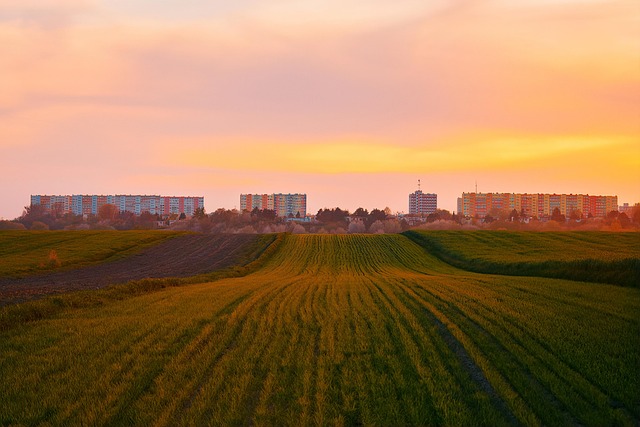Urban agriculture is transforming our cities into lush, green spaces filled with vibrant gardens and sustainable practices. As urban dwellers become increasingly aware of the impact of conventional farming on the environment, many are turning to practices that not only feed our communities but also nurture the Earth. This eco-friendly movement is not just a trend; it is a crucial response to improve our urban habitats and enhance the quality of life for city residents.
One of the primary benefits of urban agriculture is its positive effect on the environment. By cultivating gardens on rooftops, balconies, and vacant lots, we can reduce our carbon footprint and combat urban heat. These green spaces act as natural air filters, absorbing carbon dioxide and producing oxygen, resulting in cleaner air for all. Additionally, they can reduce stormwater runoff by allowing rainwater to soak into the ground rather than flooding our drainage systems, thus protecting our waterways from pollution.
Gardening in urban areas encourages biodiversity, allowing various species of plants, insects, and birds to thrive in the heart of cities. Community gardens bring neighbors together, fostering a sense of friendship and cooperation. Individuals from different backgrounds unite over a common goal: to grow food sustainably while sharing knowledge and resources. This not only cultivates a community spirit but also promotes environmental education, encouraging participants to learn about ecosystems and the importance of green practices.
Integrating eco-friendly methods into urban agriculture can also minimize waste. By utilizing composting techniques, urban gardeners can turn kitchen scraps into nutrient-rich soil, reducing landfill waste and closing the loop in our food systems. Furthermore, hydroponics and vertical gardening present innovative alternatives that make the most of limited space, allowing city dwellers to grow fresh, healthy produce while conserving precious resources such as water.
In addition to the environmental and community benefits, urban agriculture promotes healthier lifestyles. With easy access to fresh fruits and vegetables, residents are more likely to consume nutritious foods and adopt better eating habits. The act of gardening itself also offers therapeutic effects, serving as a relaxing escape from the hustle and bustle of city life. Connecting with nature, even on a small scale, can significantly enhance mental well-being and foster a sense of tranquility.
As we continue to see cities grow and evolve, embracing the principles of urban agriculture can help us create spaces where nature and urban living coexist harmoniously. The return to green spaces and homegrown food empowers us to take responsibility for our planet while building resilient communities. So whether you have a yard, a balcony, or just a windowsill, why not immerse yourself in the rewarding world of urban agriculture? Together, we can cultivate a greener and more sustainable future for our cities.




